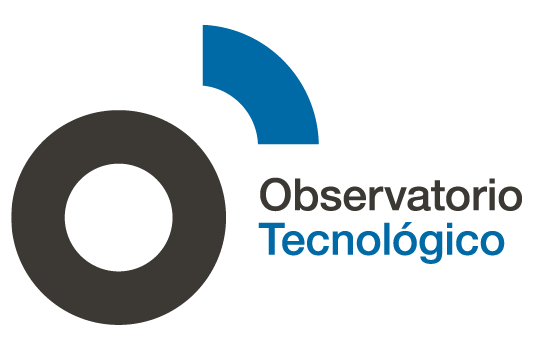Autores: Melchiades, F.G.|Boschi, A.O.
Fuente: CFI, Ceram. forum int.
87 (1-2), E43-E49
2010
Apart from the obvious environmental advantages, the production of ceramic tiles by the dry route consumes approximately 30 % less energy and therefore have a fabrication cost considerably smaller than the traditional wet route. The objective of the present work was to study the feasibility of producing high quality porcelain tiles by the dry route. A brief comparison of the dry and wet route to produce ceramic tiles, shows that there are two major differences: 1 ) the particle sizes obtained by the wet route are usually considerably finer and 2) the capability of mixing the different minerals, the intimacy of the mixture, is usually better in the wet route. The present work studied the relative importance of these differences and looked for raw materials and operational conditions that would result in better performance and glazed porcelain tiles of good quality.
Si desea obtener más información sobre este contenido contacte con nuestro Centro de Documentación
Regístrate para leer más

